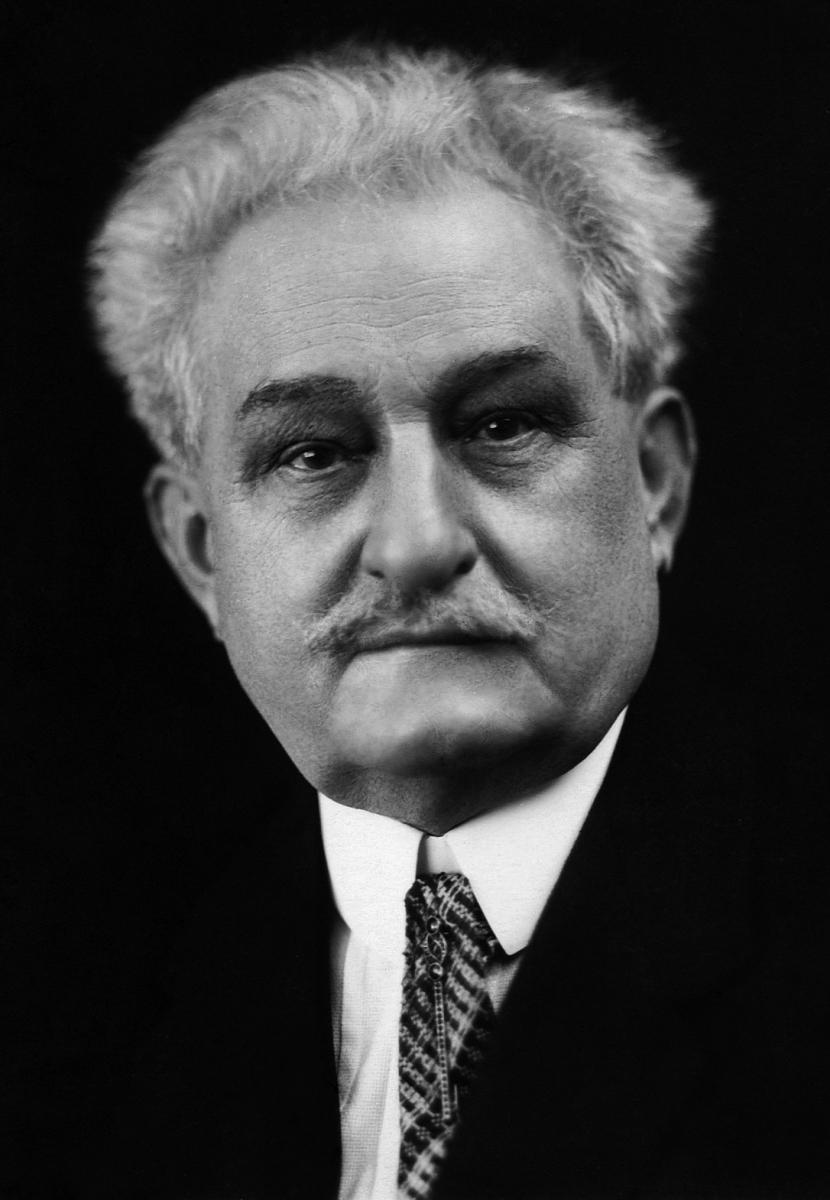It seems we can’t find what you’re looking for. Perhaps searching can help.
Leoš Janáček
Leoš Janáček (1854–1928) was a Czech composer, musical theorist, folklorist, publicist, and teacher, known for his innovative approach to composition and for his unique musical style that was deeply influenced by Moravian and other Slavic folk music. Born on July 3, 1854, in Hukvaldy, Moravia, then part of the Austrian Empire and now in the Czech Republic, Janáček became one of the most significant Czech composers of the 20th century.
Janáček’s work is notable for its originality, rhythmic diversity, and intense emotional expression. Unlike many of his contemporaries, he developed a unique musical language that did not closely adhere to the Romantic tradition of the late 19th century. Instead, his music often reflects the rhythms and contours of the Czech language and Slavic folk songs.
One of the key elements of Janáček’s music is his use of Moravian and Slavic folk music, not merely as a source of themes but as an integral part of his compositional technique. He was also inspired by the rhythms and inflections of speech, which he meticulously noted down in his “speech melodies,” believing that the melody of spoken language was reflective of a person’s innermost feelings.
Janáček’s most famous operas, including “Jenůfa,” “Káťa Kabanová,” “The Cunning Little Vixen,” and “The Makropulos Affair,” display his mature style and are characterized by their dramatic conciseness and intensity. His instrumental works, such as “Sinfonietta” and “Glagolitic Mass,” are remarkable for their original use of orchestration and choral writing.
In addition to his activities as a composer, Janáček was an influential teacher and served as the director of the Organ School in Brno for many years. He was also a prominent music critic and journalist, writing extensively about his ideas on music and national culture.
Janáček’s creative output continued to increase in his final years, and his last works are considered some of his greatest. He died on August 12, 1928, in Ostrava, Czechoslovakia. His legacy is that of a composer who sought to express the truth of human emotions and the beauty of Moravian culture through his music, leaving behind a body of work that continues to inspire and challenge musicians and audiences alike.



